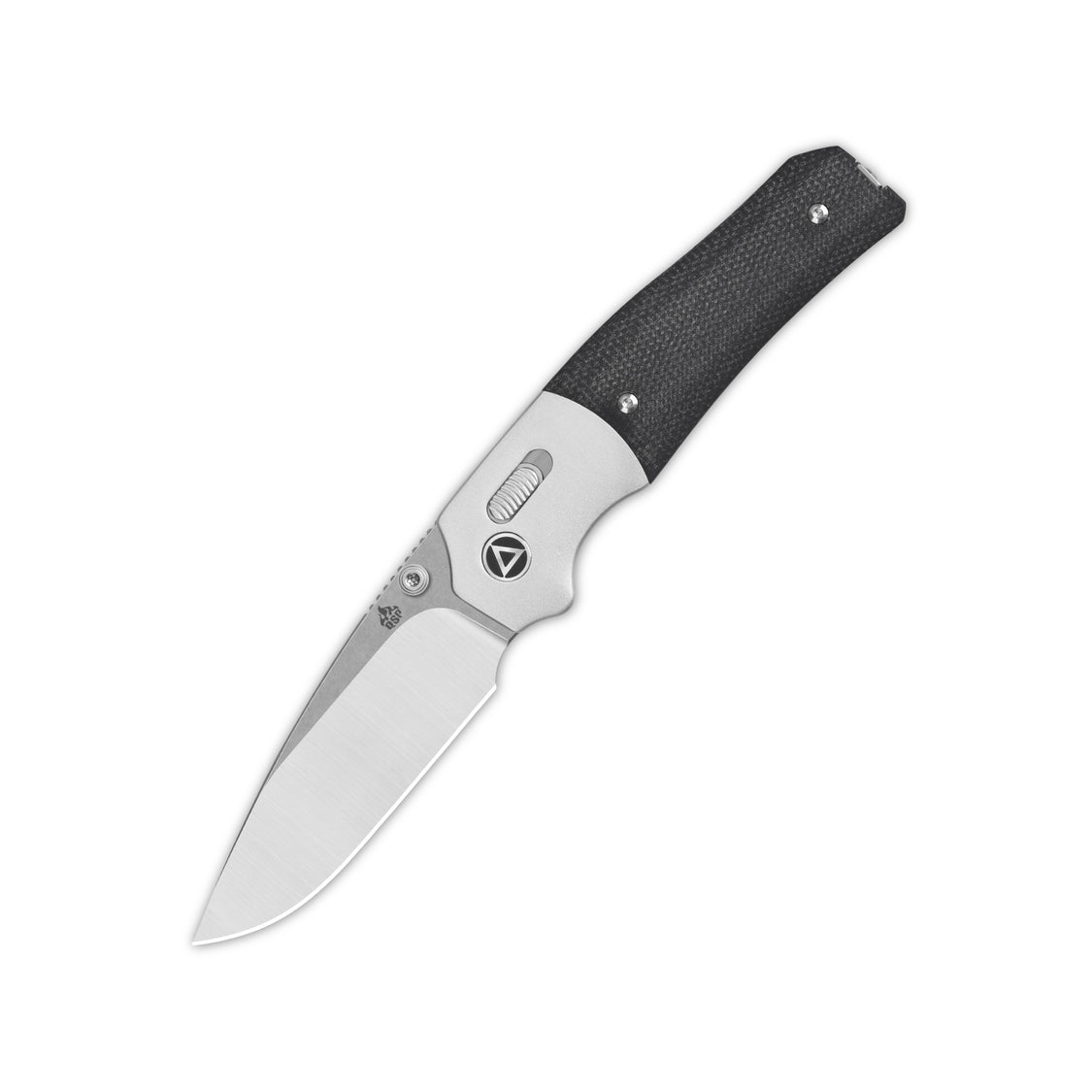The Blade and the Mind: Understanding the Psychological Aspects of Knife Self-Defense
الجسم
In today's world, personal safety is a paramount concern for many individuals. As we explore self-defense insights: the role of knives in personal safety, it is essential to understand not only the physical aspects of using a knife for self-defense but also the psychological implications that accompany such a decision.

The Psychological Impact of Carrying a Knife
Carrying a knife for self-defense can evoke a range of emotions. For some, it provides a sense of security and empowerment. However, it can also lead to anxiety and fear. How does the knowledge of possessing a weapon influence one's mindset in potentially dangerous situations? The answer lies in understanding the duality of confidence and fear.
- Confidence: Knowing you have a means of protection can enhance your confidence in navigating risky environments.
- Fear: Conversely, the responsibility of carrying a knife may instill fear of the consequences of its use.
Thus, the psychological state of an individual can significantly affect their decision-making process during a confrontation. It is crucial to approach the topic of knife self-defense with a balanced mindset.
Training and Preparedness
When discussing self-defense insights: the role of knives in personal safety, training is a vital component. Proper training not only equips individuals with the necessary skills to use a knife effectively but also instills a sense of preparedness. What happens when someone is faced with an unexpected threat? Those who have trained extensively are often better equipped to respond calmly and effectively.
- Understand the legal implications of carrying a knife in your area.
- Engage in regular self-defense training that includes knife techniques.
- Practice situational awareness to identify potential threats before they escalate.
By investing time in training, individuals can mitigate the psychological burden associated with carrying a knife, transforming fear into confidence.
Ethical Considerations in Knife Self-Defense
Another critical aspect of self-defense insights: the role of knives in personal safety is the ethical considerations surrounding their use. In what situations is it justifiable to use a knife for self-defense? Understanding the moral implications can help individuals navigate the complexities of self-defense scenarios.
It is essential to recognize that the goal of self-defense is to protect oneself, not to escalate violence. Therefore, individuals must be aware of their surroundings and assess whether a situation truly warrants the use of a knife.
Conclusion: A Balanced Approach to Knife Self-Defense
In conclusion, the role of knives in personal safety is multifaceted, encompassing both physical and psychological dimensions. By understanding the self-defense insights: the role of knives in personal safety, individuals can make informed decisions about their safety strategies. Training, ethical considerations, and psychological preparedness are all vital components of a comprehensive self-defense approach.
Ultimately, the blade is only as effective as the mind that wields it. Embrace the responsibility that comes with carrying a knife, and ensure that your approach to self-defense is grounded in knowledge, ethics, and preparedness.










تعليقات